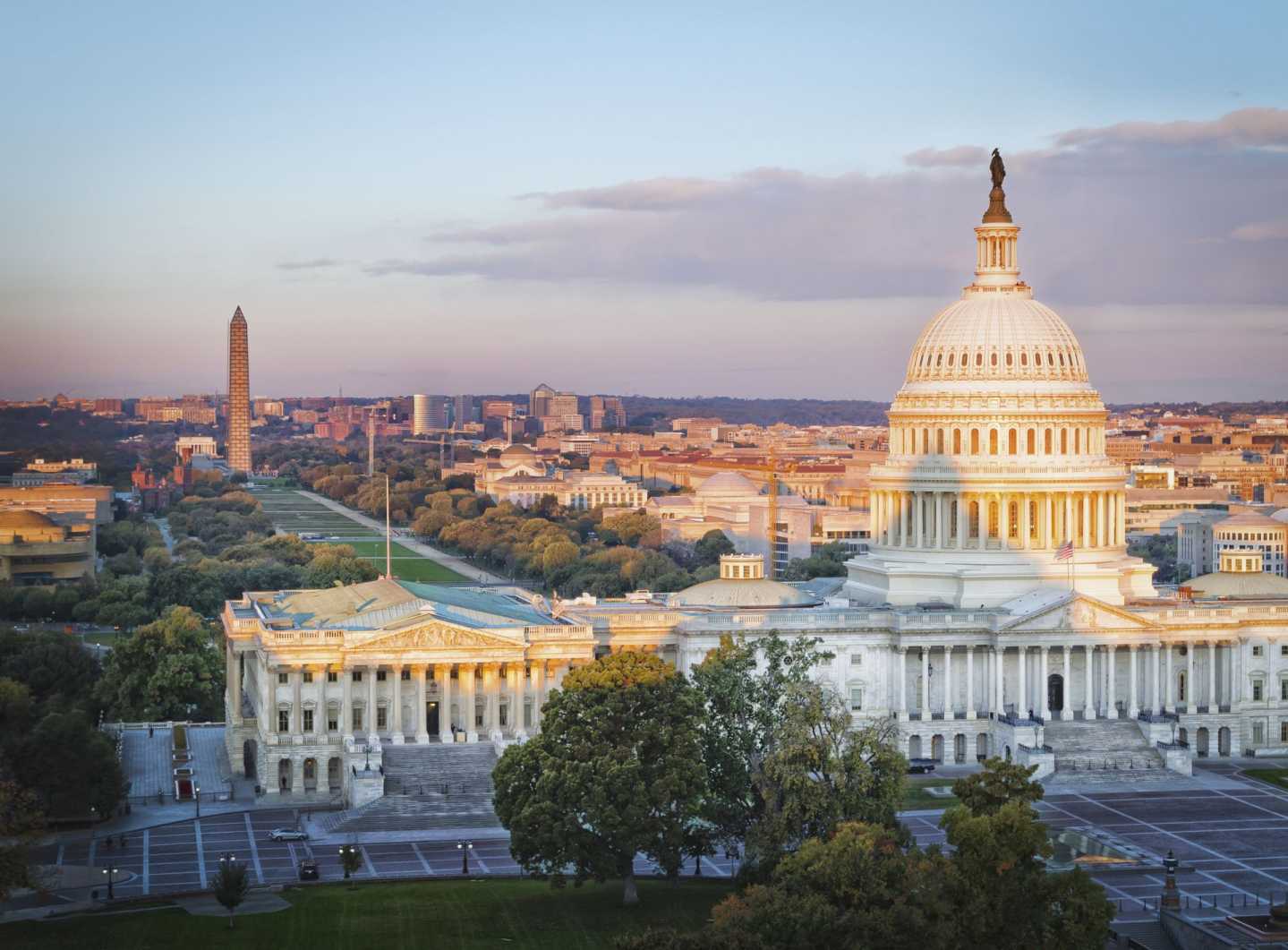Unfiltered Insights: Decoding C-SPAN's Washington Journal
In an era saturated with soundbites and partisan divides, finding a truly unvarnished platform for public discourse can feel like a quest. Enter Washington Journal, C-SPAN's flagship morning program, which has steadfastly served as a unique forum for direct engagement with the nation's political pulse. For decades, this program has carved out a niche by offering extensive live coverage, expert analysis, and, most importantly, direct access for viewers to participate in the conversation. It's a testament to the power of open dialogue in a democratic society, providing a vital service to anyone seeking to understand the intricacies of policy, politics, and the people shaping them.
Unlike traditional news shows that often filter discussions through pre-selected narratives, Washington Journal prioritizes raw, unedited interaction. It's a commitment to transparency that sets it apart, inviting citizens from all walks of life to voice their opinions and ask questions directly of lawmakers, journalists, and policy experts. This dedication to fostering an informed populace aligns perfectly with the principles of E-E-A-T, emphasizing expertise, authoritativeness, and trustworthiness in the dissemination of critical information, especially concerning "Your Money or Your Life" (YMYL) topics like elections, public policy, and societal well-being.
The Essence of Washington Journal: Unfiltered Discourse
At its core, Washington Journal is a daily three-hour live program that begins early in the morning, serving as a critical touchstone for those who want to start their day immersed in the most pressing national issues. Its format is intentionally straightforward: a host facilitates discussions with guests—often members of Congress, administration officials, academics, authors, and journalists—on a wide array of topics. The program's strength lies in its commitment to providing an unfiltered look at current events, allowing for in-depth conversations that go beyond the typical news cycle's soundbite limitations.
The "Data Kalimat" provided hints at this depth, mentioning "news headlines and viewer calls" and the show's review of "the latest news headlines out of Washington." This isn't just about reporting; it's about dissecting. Whether it's the nuances of "criminal justice reform" with guests like Kevin Ring and Colleen Eren, or an exploration of "the state of homelessness in the U.S." with Steve Berg, the Journal ensures that complex issues are given the time and attention they deserve. This commitment to detailed analysis is what truly distinguishes Washington Journal, making it an invaluable resource for citizens seeking to understand the intricate workings of their government and society. The program’s consistent schedule, as exemplified by "Washington Journal 06/15/2025 June 15, 2025" and "Washington Journal 06/17/2025 June 17, 2025," underscores its reliability as a daily source of public affairs information.
Viewer Engagement: The Heartbeat of The Journal
Perhaps the most iconic feature of Washington Journal is its unwavering dedication to viewer participation. Unlike many news programs where the audience is merely a passive recipient of information, the Journal actively invites viewers to become part of the dialogue. The question, "How many calls does the Washington Journal air per day?" underscores this central tenet. The answer is: as many as time allows, reflecting a genuine commitment to public access and an open forum for diverse perspectives. This interactive element is what truly sets it apart from more traditional news broadcasts.
Calls and Social Media: A Direct Line to Debate
The program opens its phone lines to callers from across the country, allowing them to pose questions directly to guests or offer their opinions on the day's topics. This direct interaction creates an unparalleled sense of immediacy and authenticity. As the "Data Kalimat" highlights, the show has "revisited some of its most memorable calls and social media comments from viewers from throughout 2021," covering diverse subjects including "the U.S." and global affairs. This practice not only provides a platform for ordinary citizens but also offers a unique barometer of public sentiment on critical issues, giving decision-makers and the public a real-time pulse on national concerns.
In addition to phone calls, viewers are encouraged to "join us with your calls and comments on social media as we review the latest news headlines out of Washington." This multi-platform engagement ensures that a broad spectrum of voices can contribute, enriching the discussion and providing valuable insights into the public's concerns and perspectives. This interactive model is a cornerstone of the Journal's mission, fostering a truly democratic exchange of ideas and reinforcing its role as a public service institution. It's a living example of how media can facilitate direct civic participation.
A Spectrum of Voices and Topics
The range of topics and guests featured on Washington Journal is remarkably broad, reflecting the complexity of national and international affairs. The program consistently brings together a diverse array of experts, ensuring that viewers receive well-rounded perspectives on critical issues. This commitment to variety and depth is essential for a program aiming to inform a broad public on topics that directly impact their lives.
Political Analysis and Current Events
A significant portion of the Journal's programming is dedicated to breaking down the week in politics. For instance, the "Data Kalimat" mentions "Washington Examiner's James Antle and The Nation's Chris Lehmann discuss the week in politics and Brookings Institution's Michael." Such segments provide invaluable analysis from different ends of the political spectrum, helping viewers "understand how it's unfolding" on the biggest stories—from "elections" to "the transfer of power." This commitment to balanced discussion, featuring voices from across the ideological spectrum, is crucial for informed citizenship and for fulfilling the E-E-A-T principle of providing diverse, authoritative perspectives.
Guests often include high-profile figures discussing their work or insights. CNN's Jake Tapper, for example, discussed his book "Original Sin," offering a journalist's perspective

10 great reasons to visit Washington DC and never forget it

Visit Washington: Best of Washington Tourism | Expedia Travel Guide

Washington Week Podcast | Washington Week with The Atlantic